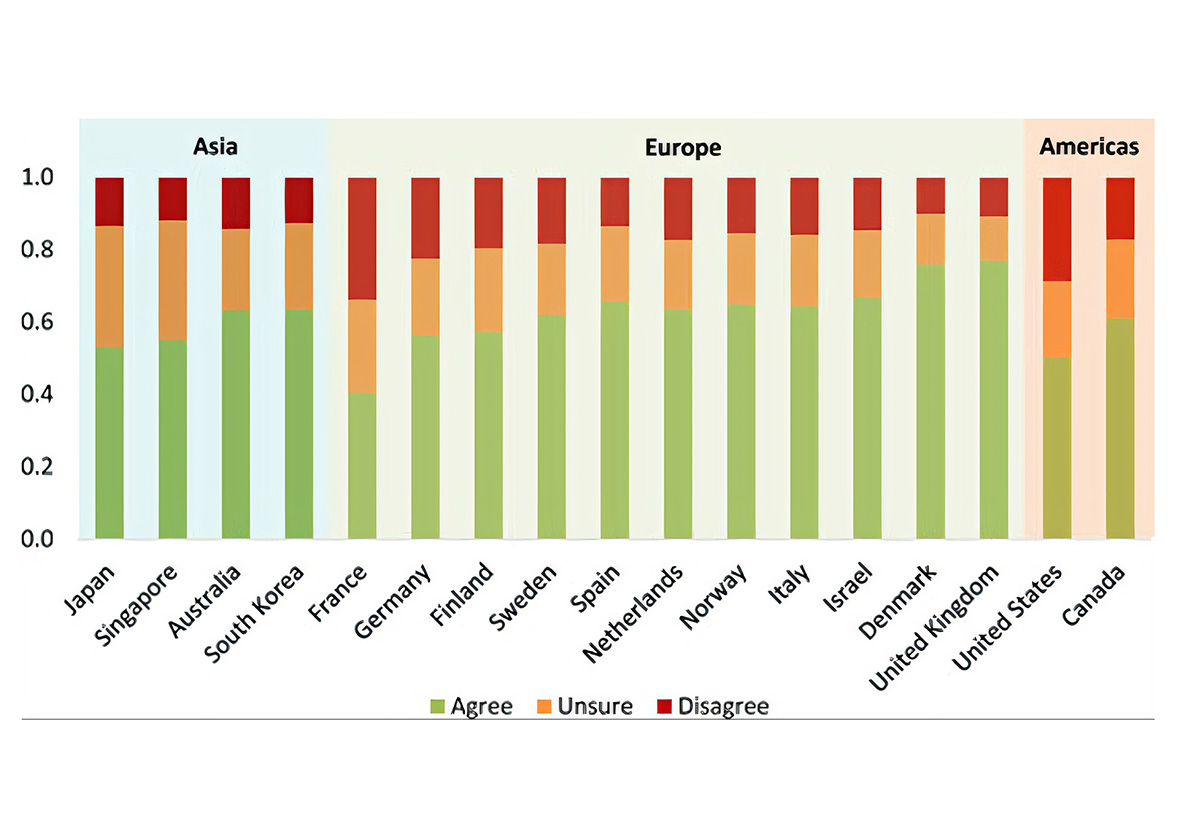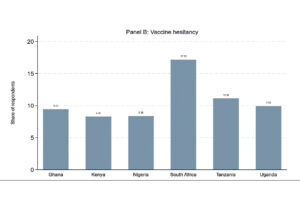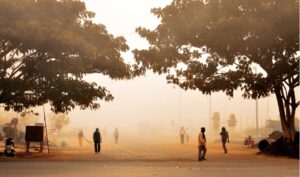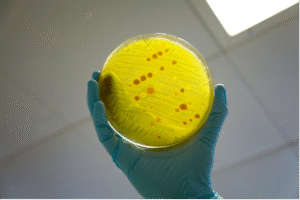
Variation in vaccine hesitancy across countries, Hibah Khan. Ms. Era Dabla-Norris, Frederico Lima, and Alexandre Sollaci. Who Doesn’t Want to be Vaccinated? Determinants of Vaccine Hesitancy During COVID-19. International Monetary Fund, 6th May, 2021.
Although vaccination is the most reliable form of protection, hesitancy persists worldwide. The World Health Organisation (WHO) ranks vaccine hesitancy among the top ten threats to global public health in 2019. It defines vaccine hesitancy “as a delay in acceptance or refusal of safe vaccines despite the availability of vaccination services.” This global public health concern has hindered progress in achieving full vaccination coverage, particularly in vulnerable demographics and regions with limited access to healthcare.
Social media platforms serve as breeding grounds for the spread of misleading vaccine narratives. The WHO acknowledged the spread of misleading, unfounded claims from an article shared on Facebook, linking smallpox and Mpox side effects to the Pfizer COVID-19 vaccine. Despite being fact-checked and proven false, these misleading claims continue to fuel public concern over Mpox vaccine uptake.
Inadequate communication about vaccine benefits and the spread of misleading information on social media exacerbate this issue, as does doubt about vaccines’ efficiency. Hesitancy, among other factors, has left a devastating mark—between 2019 and 2021, it denied routine vaccinations to nearly 67 million children worldwide, according to UNICEF.

Vaccine hesitancy and trust in sub-Saharan Africa. Unfried, K., Priebe, J. Sci Rep 14, 10860 (2024).
In certain regions, such as parts of Nigeria, vaccine hesitancy is often driven by misconceptions that vaccines cause infertility or introduce harmful substances into the body. These beliefs, rooted in cultural perception, have been passed down through generations, contributing to widespread resistance to vaccines.
In response to this, government health agencies, such as the Nigeria Centre for Disease Control and Prevention (NCDC), introduced toll-free hotlines, enabling citizens to share vaccinerelated concerns. These hotlines provide reliable and timely information, boosting trust and raising public awareness about vaccine safety.
Health experts have consistently emphasised the importance and safety of vaccines. Dr. Femi Akinpeloye, lecturer at the Lagos State University Teaching Hospital in Nigeria, noted, “Vaccination would not work in isolation. It would work better when a greater proportion of the population got vaccinated.”
To achieve vaccinations, new technologies like artificial intelligence (AI) are playing a key role. AI-powered chatbots, such as the WHO’s Vaccine Safety Net, provide real-time, accurate information, offering quick and accessible responses to public concerns about vaccines. Similarly, the Nigeria HelpMum VaxBox Chatbot sends vaccine reminders and provides educational content to parents, enhancing immunisation uptake. Platforms such as Health Feedback, Google’s Fact Check Explorer, and Africa Check are instrumental in debunking misinformation and myths about vaccine safety.
Thanks to new technologies and governmental initiatives, vaccine hesitancy is already decreasing. But additional efforts are required to tackle misinformation and break the cycle of vaccine hesitancy.






Leave a comment